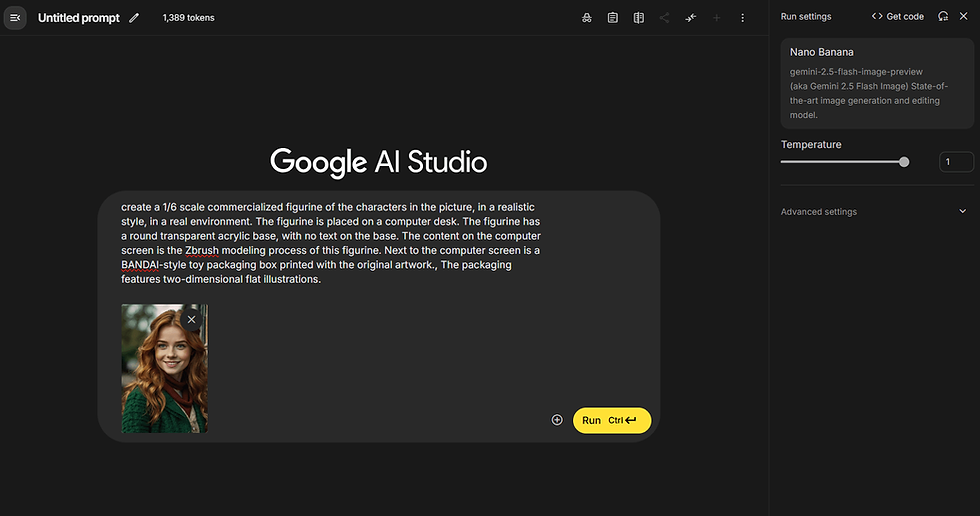Solar Energy Pros and Cons 2025 | Is It Worth It?
- Abhinand PS
.jpg/v1/fill/w_320,h_320/file.jpg)
- Jul 21
- 3 min read
🔍 Introduction: Why Talk About Solar in 2025?
Solar power is no longer the future—it’s the present. With rising electricity costs and growing environmental concerns, more homeowners and businesses are switching to solar in 2025 than ever before. But is it all sunshine and savings?
This blog breaks down the real advantages and disadvantages of solar energy, using updated insights, current stats, and honest pros and cons so you can make an informed decision.

📊 Quick Facts Table: Solar Energy 2025
Aspect | Details |
Average solar panel cost | $2.50–$3.20 per watt (U.S. average, 2025) |
Payback period | 6–10 years, depending on location and incentives |
CO₂ savings | ~1.5 tons/year per kW installed |
Lifespan | 25–30 years with 80%+ efficiency |
Popular incentives | Net metering, federal tax credit, solar loans |
Growth rate | 13% global growth in solar installations (2024-2025) |
✅ Advantages of Solar Energy
🌞 1. Clean and Renewable Energy
Solar panels produce electricity without releasing carbon emissions. Every kW of solar offsets fossil fuel use and reduces your carbon footprint.
🧠 Long-tail keyword: “benefits of using solar panels for home electricity”
💸 2. Lower Electricity Bills
Once installed, your system generates free electricity for decades. Net metering can even earn you credit for extra power sent to the grid.
🌍 3. Energy Independence
Going solar reduces reliance on the grid, which is especially useful in areas prone to power outages or rising utility rates.
🏠 4. Increase in Property Value
Homes with solar installations can sell for up to 4.1% more than homes without, according to Zillow.
🧾 5. Tax Credits and Incentives
The U.S. federal solar tax credit in 2025 still offers up to 30% off installation costs, plus many state-level perks.
❌ Disadvantages of Solar Energy
☁️ 1. Upfront Installation Costs
While costs have dropped, a full home solar setup can still range from $15,000 to $30,000 before incentives.
🧠 Long-tail keyword: “solar panel disadvantages for residential homes”
🕒 2. Not Ideal for Every Location
Homes in regions with heavy shade, frequent rain, or low sun exposure may see limited efficiency from solar panels.
🔋 3. Energy Storage Costs
If you want off-grid power or nighttime use, batteries like the Tesla Powerwall are helpful—but expensive (around $7,000+).
🧰 4. Maintenance and Degradation
Solar panels are low maintenance but not maintenance-free. Cleaning and occasional inverter replacements are necessary.
📐 5. Aesthetic Concerns
Some homeowners still view roof-mounted panels as unattractive or impractical due to roof shape or material.
🔗 Internal & External Links
U.S. Department of Energy – Solar Basics
How to Choose the Right Solar Panel in 2025 (My Guide)
🏡 Is Solar Right for You in 2025?
If you live in a sunny location, plan to stay in your home long-term, and want to reduce both costs and carbon emissions—solar energy is a smart choice. But weigh the upfront cost, local sun exposure, and roof compatibility before committing.
🔍 Long-Tail Keywords to Rank For
advantages of solar energy in 2025
residential solar panel pros and cons
is solar energy good for my home
best states for solar panels 2025
solar panel installation disadvantages
📱 Mobile-Friendly Solar Tools (2025)
There are now dozens of mobile apps that help homeowners estimate costs and savings:
Project Sunroof by Google
SolarEdge Monitoring App
Tesla Solar App
These tools use satellite imagery, shading data, and real-time pricing to give you a personalized solar ROI estimate.
❓ FAQ – Solar Energy in 2025
Q1: Is solar energy still worth it in 2025?
Yes, especially with improved efficiency, lower costs, and high electricity rates. Payback periods are shorter than ever.
Q2: How long do solar panels last?
Most panels last 25–30 years, with performance warranties for 80–90% efficiency after 25 years.
Q3: Can solar panels power my home at night?
Not directly. You'll need battery storage or remain connected to the grid with net metering.
Q4: What are the best months to install solar?
Spring and early summer are ideal due to longer sunlight hours and installer availability.
Q5: Are solar panels really eco-friendly?
Yes. They produce zero emissions, and modern recycling systems are improving panel disposal sustainability.
✅ Final Thoughts
Solar energy in 2025 is smarter, cheaper, and more accessible than ever. While there are clear disadvantages to consider, the benefits—especially for long-term homeowners—often far outweigh the cons.
If you’re thinking of switching, use solar calculators, research your local incentives, and consult with certified solar professionals to make the best decision.



Comments